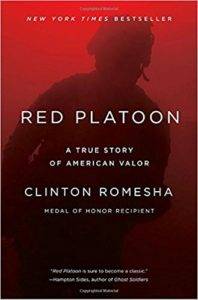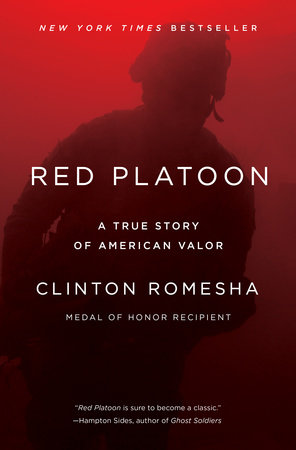


While there certainly aren't heaps of blood, gore and tears to be found here, Romesha doesn't hold back on his account and strives to tell things as they were, without any bias or unnecessary embellishments. There is a certain build-up leading to the moment when a force of three hundred Taliban fighters was suddenly sent to capture Keating, outnumbering the platoon five to one, forcing the soldiers to make their final stand alone. We learn about their thoughts as they arrive on the base, their apprehension upon seeing the many dangers it presents for them, the Taliban peppering them from every angle possible. He begins by introducing us to those who are part of his platoon, many of them veterans from previous campaigns. We also learn about the people who fought beside Romesha, who they were, the sacrifices they made, the inferno they all had to endure.Įven though this is a factual non-fiction book, Romesha ensured that it still reads in an entertaining way, with a structured storyline that makes it easy for us to follow.

Military as well as the various tactical pitfalls and vulnerabilities it presented. We get to learn quite a bit about the base itself, it's significance for the U.S. In his book Red Platoon, Romesha takes it upon himself to give an accurate and detailed account of what led up to the battle, and the fourteen hellish hours spent on the edge of the abyss, until the counter-attack finally drove the enemy back beyond the wire. unless it comes from people like Clinton Romesha, a United States Army solider who was awarded the Medal of Honor for his heroic actions in the 2009 Battle of Keating. Those of us fortunate enough never to witness war can never really be certain that what we're presented with is an accurate depiction of reality. Though wars are quite often depicted in both movies and literature, some of them even lauded for their realism, there is simply nothing that can come close to first-hand accounts of the people who have actually survived through them.


 0 kommentar(er)
0 kommentar(er)
